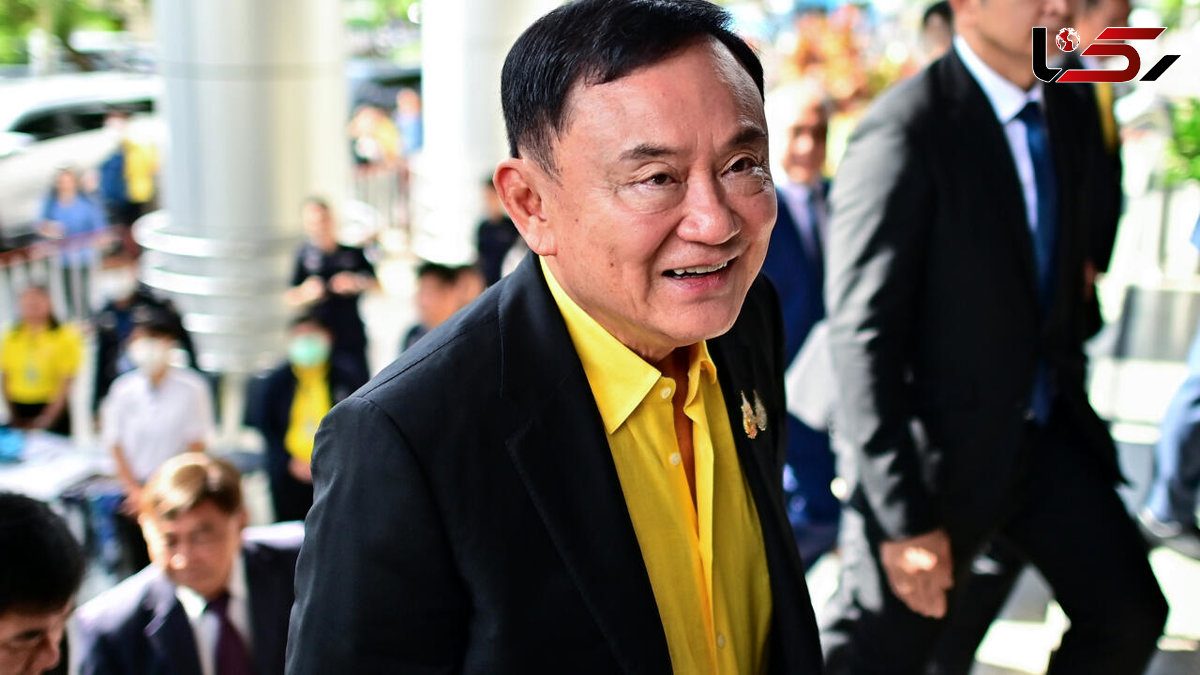Thailand’s Supreme Court Orders Former PM Thaksin Shinawatra to Serve One Year in Jail
Rokna Political Desk: Bangkok, Sept. 9, 2025 – Thailand’s Supreme Court has ruled that former Prime Minister Thaksin Shinawatra must serve a one-year prison term, in a landmark judgment that delivers another heavy blow to one of the country’s most divisive political figures.

Accordign to Rokna, citing reputable international outles the court found that Thaksin, 76, had not properly served an eight-year sentence for corruption and abuse of power, imposed upon his return from self-imposed exile in 2023. Shortly after arriving back in Thailand, Thaksin spent less than 24 hours in prison before being transferred to the VIP ward of a Bangkok hospital, where he remained for six months on medical grounds, and was later released on parole.
In its ruling, the court declared the arrangement unlawful, stating that his medical condition was not urgent and that “staying in hospital cannot count as a prison term.” Judges ordered that a jail warrant be issued and that Thaksin be returned to Bangkok Remand Prison to serve the sentence.
Thaksin, wearing a suit and yellow tie symbolizing loyalty to the monarchy, was present in court and accepted the verdict. “Even though I will lose my freedom, I still retain the freedom of thought to work for the benefit of my country and its people,” he said in a statement.
The decision comes at a turbulent time for the Shinawatra political dynasty. Just last month, Thaksin’s daughter, Paetongtarn Shinawatra, was removed from her position as prime minister by the Constitutional Court, which ruled that she had violated ethical standards in handling a border dispute. Speaking outside the court, she expressed both concern and pride: “My family and I are worried about him, but we are also proud. He achieved historic things for this country. Today is another historic moment: he will be the first prime minister to be sentenced to jail.”
Thaksin first rose to power in 2001, building a powerful base among rural voters in northern Thailand but provoking fierce opposition from conservative and military-royalist elites. His premiership was cut short by a military coup in 2006, and he spent years in exile, continuing to exert influence from abroad. His return in 2023, coinciding with his Pheu Thai party forming a coalition with military-linked parties, sparked speculation that he had struck a political deal to secure leniency.
While his influence has waned in recent years, the court’s decision underscores his enduring polarising role in Thai politics. Analysts say the ruling could reshape the country’s political landscape, further weakening Pheu Thai, which has now moved into opposition following the appointment of staunch royalist Anutin Charnvirakul as prime minister.
Send Comments